International Youth Day takes place on Wednesday, August 12th to celebrate youth and their ability to help create a better world. The theme of this year’s event is youth civic engagement to encourage young women and men to engage politically, economically, and socially in their communities. At Food Tank, we recognize young people as the next generation of food system leaders.
Young people are the future of food security. By 2050, youth (ages 15-24) are expected to reach 1.4 billion or 14 percent of the population. But despite the burgeoning global population of young people, the average farmer is about 60 years old. That’s why many organizations around the world are working to engage youth in agriculture and making farming an attractive and viable career path.
However, young people often lack access to food education and opportunities to engage with their communities. According to the U.N. International Labor Organization (ILO), young people are three times as likely to be unemployed as adults, and nearly 73 million young women and men around the world are looking for work and unable to find it. Four times as many young people earn less than US$2 a day, leading to high levels of social and economic uncertainty.
We can do better. When given the opportunity, young people can make powerful impacts in their communities and around the world. In 2011, Alexandra Iljadica co-founded Youth Food Movement Australia (YFM), an organization that implements food education projects for young people to build the skills and knowledge to create a better food system. Through to peer-to-peer learning and social media, YFM engages young people and provides opportunities to participate in public forums and community halls. And in Costa Rica, Anauim Valerín Pérez founded Colectivo Boreal to organize art events that promote environmental awareness and support farmers and seed exchanges.


 Youth engagement and participation is essential to achieve sustainable development. Yet often the opportunities for youth to get politically, economically and socially involved are low or non-existent.
Youth engagement and participation is essential to achieve sustainable development. Yet often the opportunities for youth to get politically, economically and socially involved are low or non-existent.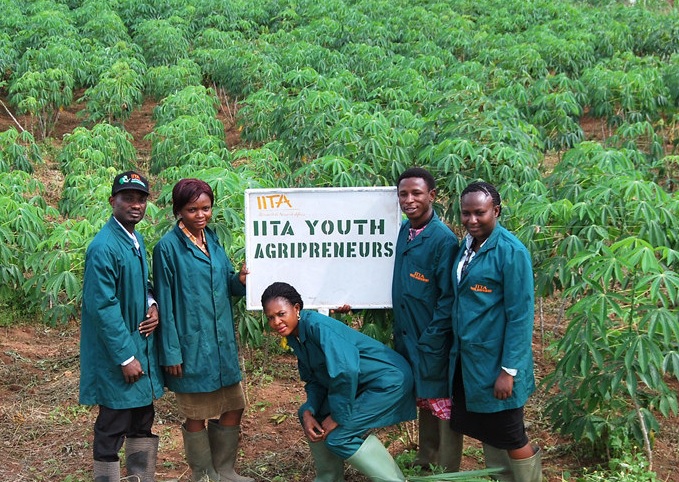 However, the Consortium Board decided not to call for expressions of interest for Youth or Private sector platforms as part of the CRP 2nd call for Pre-Proposals, but instead to organize workshops to work out in more detail how best to approach ‘mobilizing youth in agriculture’ and ‘scaling up Public Private Partnerships’ in the new CRPII portfolio.
However, the Consortium Board decided not to call for expressions of interest for Youth or Private sector platforms as part of the CRP 2nd call for Pre-Proposals, but instead to organize workshops to work out in more detail how best to approach ‘mobilizing youth in agriculture’ and ‘scaling up Public Private Partnerships’ in the new CRPII portfolio.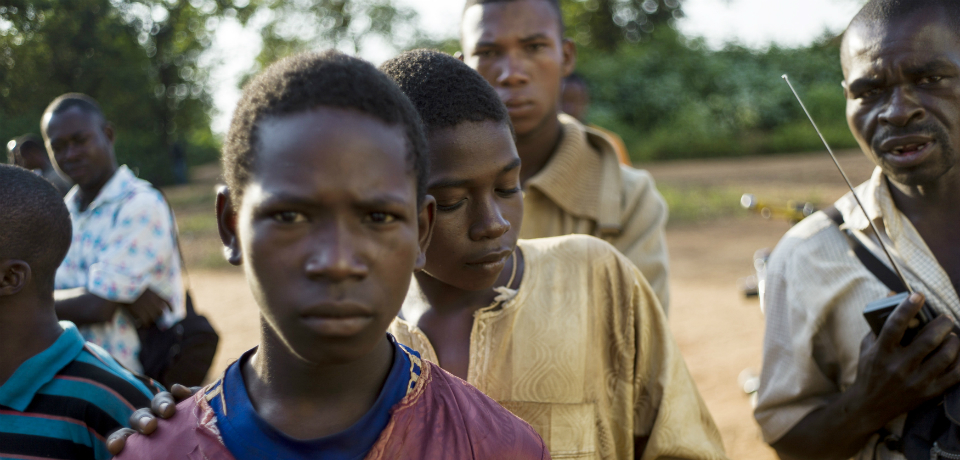
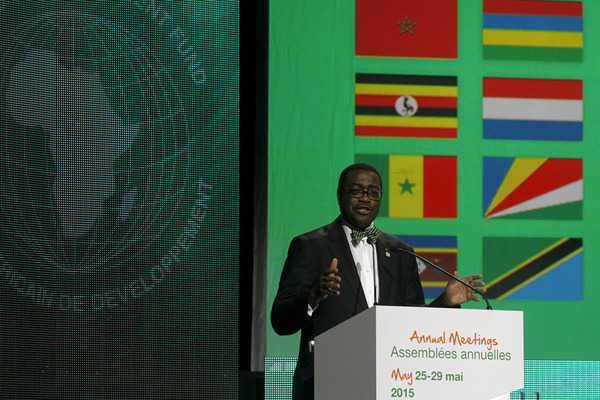 The African Development Bank's new leader Akinwumi Adesina promoted agricultural reform when he was the Minister of Agriculture in Nigeria. Esther Ngumbi explains how garnering more youth interest in agriculture could help the continent's economic development.
The African Development Bank's new leader Akinwumi Adesina promoted agricultural reform when he was the Minister of Agriculture in Nigeria. Esther Ngumbi explains how garnering more youth interest in agriculture could help the continent's economic development.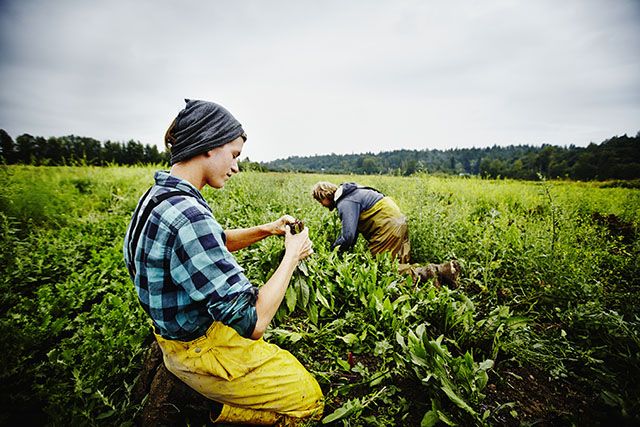 Two of the most commonly cited stumbling blocks to becoming a farmer are access to land and the piles of start-up capital required. Have you seen the price of a tractor lately? We’re talking $25,000 at the very least—and that’s for a small machine. But as the current crop of farmers in America slips past retirement age and into the grey beyond, still working, a third barrier prevents a new generation from taking over the fields: student loan debt.
Two of the most commonly cited stumbling blocks to becoming a farmer are access to land and the piles of start-up capital required. Have you seen the price of a tractor lately? We’re talking $25,000 at the very least—and that’s for a small machine. But as the current crop of farmers in America slips past retirement age and into the grey beyond, still working, a third barrier prevents a new generation from taking over the fields: student loan debt.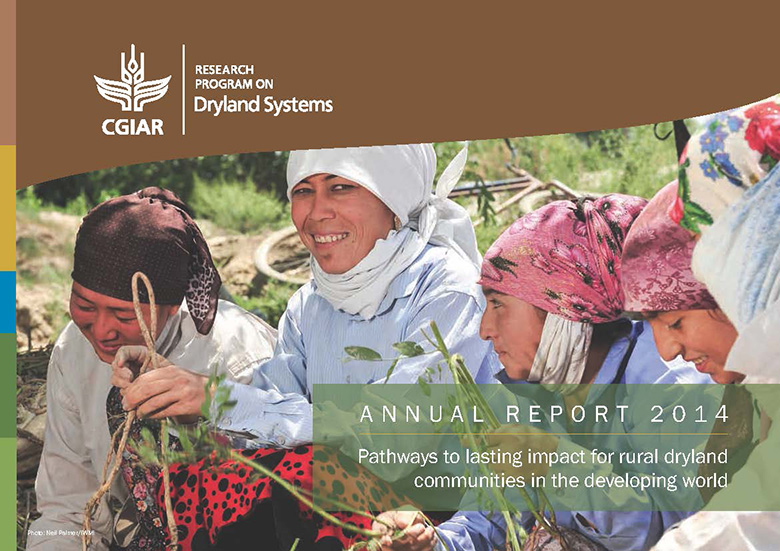 CGIAR Research Programme on Drylands Systems’ Annual Report 2014
CGIAR Research Programme on Drylands Systems’ Annual Report 2014